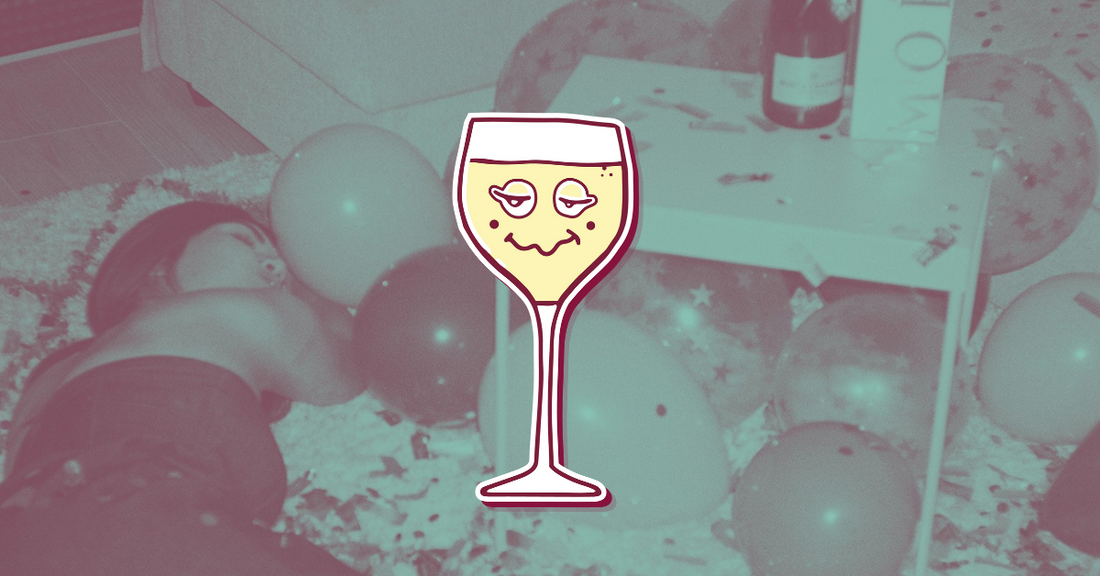You wake up. It’s 8am and you think, “Oh great! I don’t actually feel too rough!” and you bounce out of bed with a fresh vigor and zest for life. By 8:30am you’re lying down in a cold shower with the worst fear of your life. You’re hungover. But why?
Why do we call them “Hangovers”?
The romantic origins of the word “hangover” stems from Victorian England. For the price of a penny (about £0.0042), you, a lucky peasant in the 1890s, could get the 5 star luxury accommodation after a heavy night of boozing with your pals of just sort of… bending yourself over a rope at the docks… To be honest, we’ve all been there, and these days we have the absolute luxury of being able to do it for free, so there’s that… It was mostly reserved for sailors who had spent all of their money on booze. Sadly, like almost all stories related to drinking, it’s probably not true.
Most historians tend to agree that we didn’t really see the use of the word hangover until about 1904 (with the Victorian era ending in 1901) and it was used as an expression for describing unfinished business from meetings. If you think of our appendixes as a hangover of evolution, that’s the kind of business we’re talking about, not the fact that the Karaoke bar closed before you got to do your rendition of UB40s Red Red Wine.
So, why do we get them?
Alcohol contains trace elements of methanol (as well as ethanol), which our bodies break down into formaldehyde and formic acid. These are really toxic, and this process takes about 10 hours, which is why sometimes you wake up feeling brilliant then crash mid afternoon and end up feeling rough.
Hangovers normally kick in when your blood alcohol content (BAC) level returns to zero. For reference, in Scotland if your BAC level is 0.05 you have had too much to drive. There are many factors which contribute to your own personal journey to reach this BAC, including age, gender, BMI etc, but on average it only takes a small glass of wine to reach this level (one unit).
Getting your BAC back to normal takes a lot of metabolising and energy, so it will leave you tired, achey, irritable, and anxious (ever had The Fear??) Alcohol also decreases the production of antidiuretic hormones (like the ones we produce when we sleep) so we pee more and absorb less water when we drink it. If you’ve ever “broken the seal” you’ll know what I’m talking about – I’m looking at you girls wearing jumpsuits sitting in a club toilet at 2am…
We also have to deal with the occasional emotional trauma of not remembering the night before, which sounds really millennial and dramatic but is a real thing our wee brains freak out about.
The best way to avoid a hangover is to drink water regularly and often whilst drinking alcohol sensibly. I know, it’s so boring but don’t say I didn’t tell you. Hangover cures coming soon…

